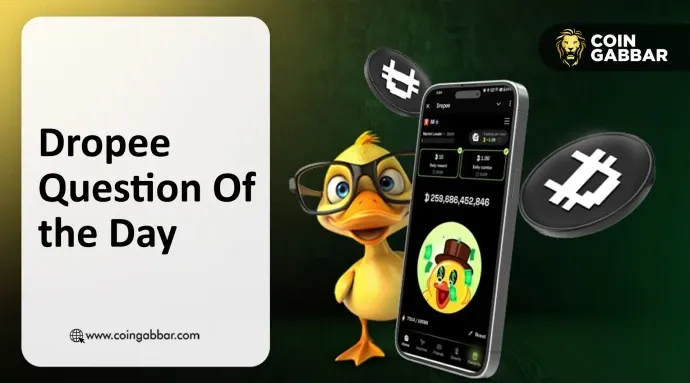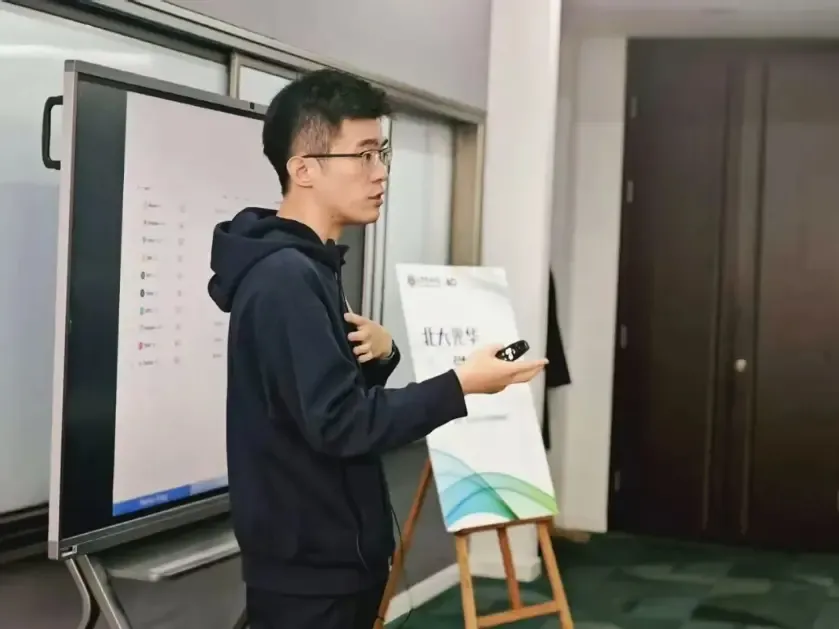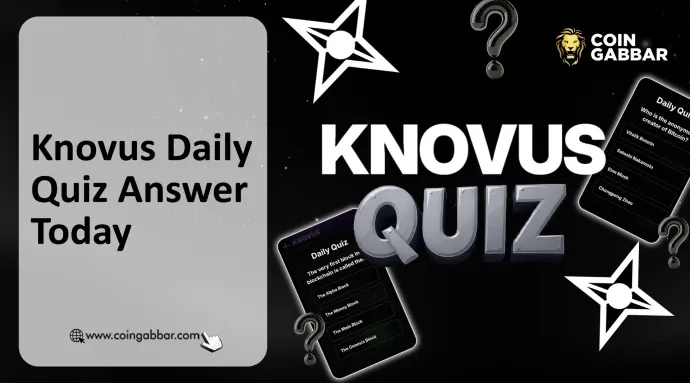The South Korean DePIN project Piggycell recently launched its TGE and went live on Binance Alpha.
Written by: Nicky, Foresight News
On October 28, the South Korean shared power bank project Piggycell officially launched its TGE, with its token PIGGY now available on Binance Alpha and OKX perpetual contract markets. Trading data shows that PIGGY quickly rose from an opening price of $1.178 on the 28th to a high of $2.724 on the 29th, an increase of over 130%, and is currently stabilizing around $2.
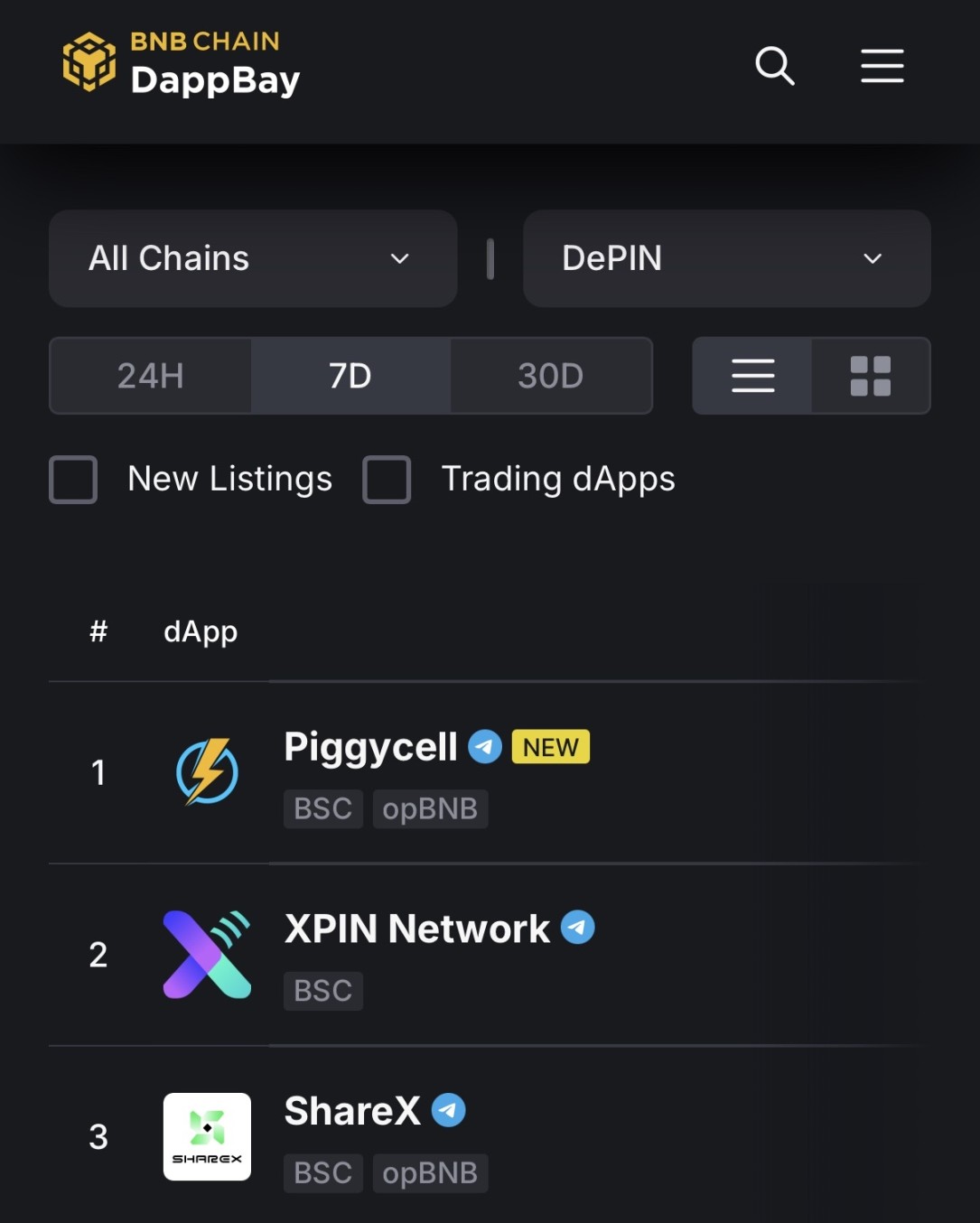
The project currently ranks first in the seven-day popularity chart in the DePIN section of BNB Chain DappBay.
Project Positioning
Piggycell is a shared power bank service provider with over 95% market share in South Korea, deploying more than 14,000 charging stations nationwide and operating over 100,000 charging devices, with 4 million paying users. The project combines physical charging infrastructure with token economics through blockchain technology, positioning itself as a hybrid of real-world assets (RWA) and decentralized physical infrastructure networks (DePIN).
Its core logic is "real usage data on-chain": by recording high-frequency data such as user charging behavior and device operating status on-chain, charging services are transformed into quantifiable digital assets. This model addresses the information asymmetry problem in the traditional sharing economy—users can see how their usage behavior translates into earnings, and investors can track the actual operational status of the underlying assets.
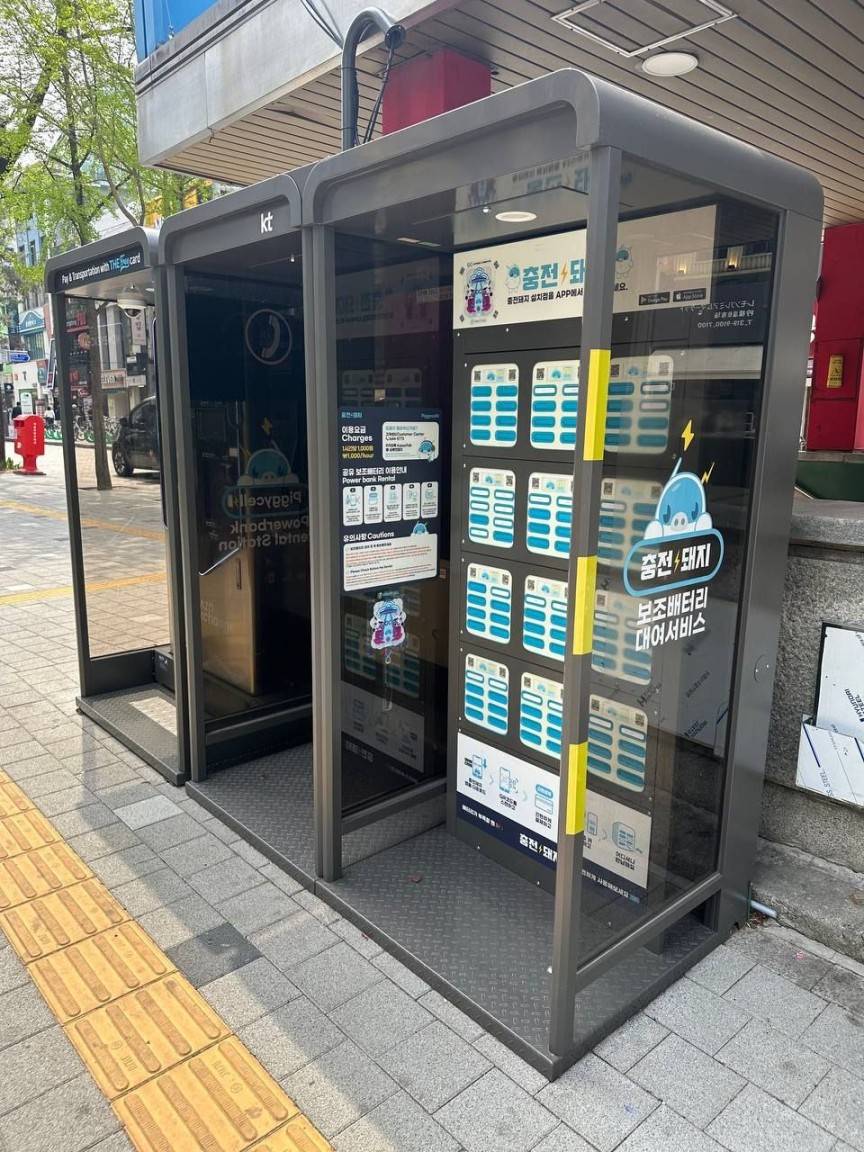
The project's core models include "Charge-to-Earn" and "Dominate-to-Earn." The former allows users to earn token rewards when renting power banks, while the latter enables holders of regional device NFTs to share in the infrastructure's earnings.
Specifically, "Charge-to-Earn" allows users to borrow power banks and earn PIGGY token rewards based on the duration of charging, converting daily consumption into asset accumulation; "Dominate-to-Earn" allows users to purchase NFTs tied to physical devices, becoming "shareholders" of regional infrastructure and sharing in the earnings generated by the devices proportionally.
Funding Background and Team Information
In February 2025, Piggycell announced the completion of a $10 million seed round of financing. Investors include institutions such as Animoca Brands, ICP HUBS, as well as traditional financial institutions like Shinhan Financial Group and Hana Financial Group in South Korea. DWF Labs also participated as a public partner.
The core team of Piggycell is led by co-founder John Lee, who has extensive experience in the Web2 infrastructure sector and successfully operated South Korea's portable charging network Chungjeondwaeji. Under his leadership, the company successfully transitioned from a traditional Web2 business to a Web3 platform.
Token Economics
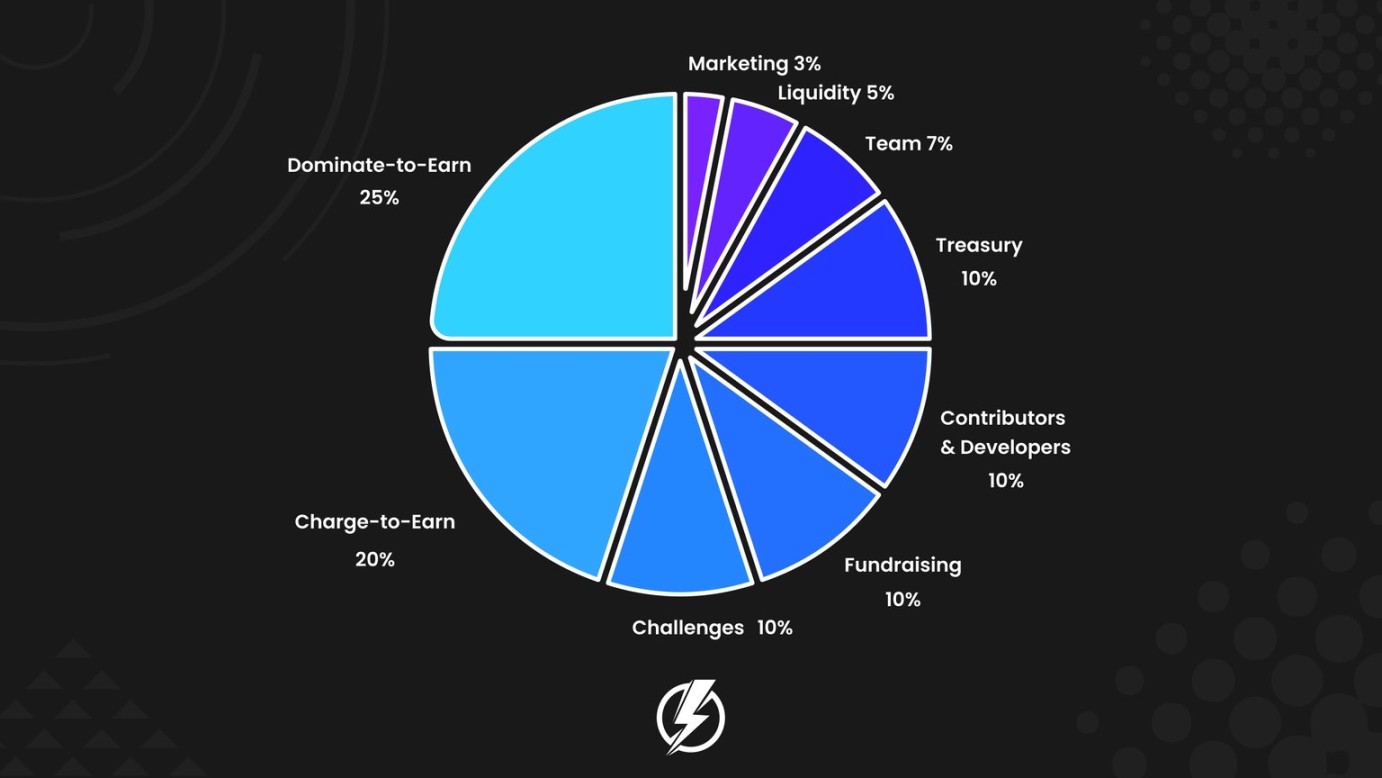
The project token adopts a dual-chain architecture, with 80% of the tokens deployed on BNB Chain and 20% on the ICP network.
The total supply of PIGGY is 100 million tokens, with allocations covering various dimensions such as institutions, teams, and community incentives: 10% for institutions, 7% for the team, 10% for the treasury, 25% for user holdings, 20% for charging behavior rewards, 10% for task challenges, 10% for partners, 5% for liquidity, and 3% for marketing. Currently, approximately 7.2458 million tokens are in circulation.
Despite the strong performance of the token market, the community has reported that Piggycell's airdrops and Galxe rewards have not yet been distributed, raising concerns among some users.
User Experience and Future Plans
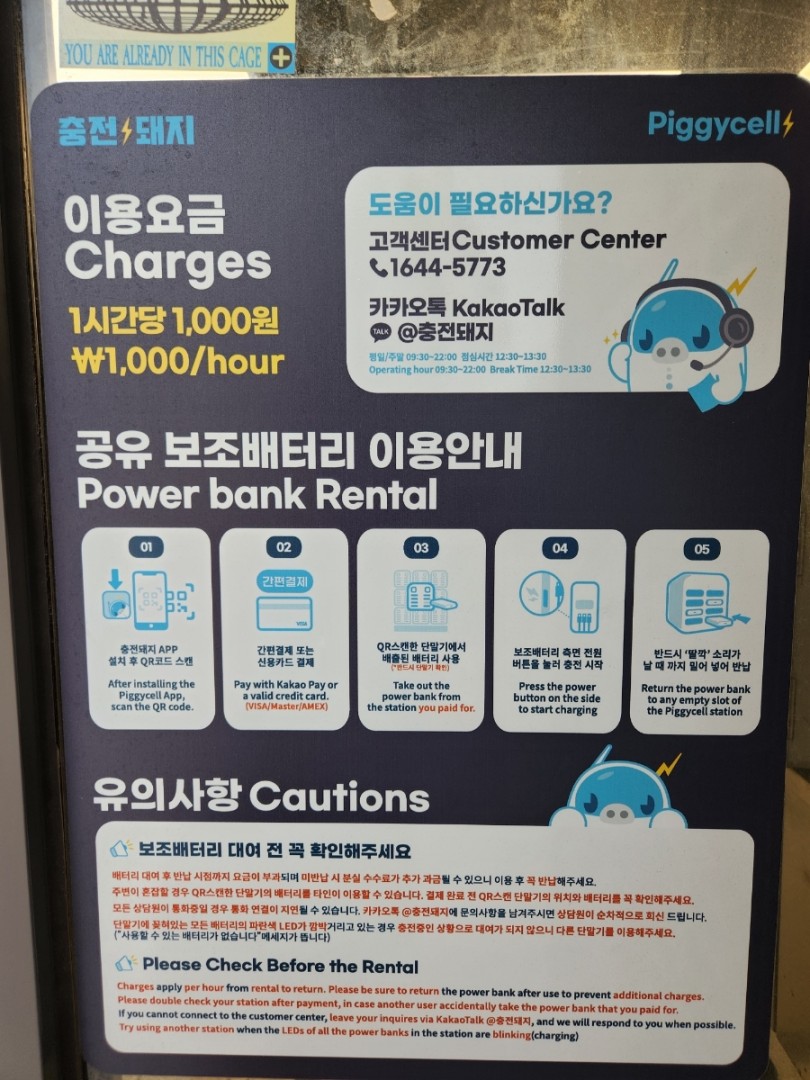
Unlike the complex operations of most Web3 applications, Piggycell maintains Web2-level convenience: users can borrow power banks by scanning a QR code, support local payment tools like Kakao Pay, and return them without site restrictions. The charging fee is 1,000 won per hour.
In the future, Piggycell plans to launch an "Energy as a Service" (EaaS) platform, allowing individuals or businesses to register and lease energy devices (such as mobile power banks and wall-mounted chargers) and achieve automated revenue distribution through smart contracts. Additionally, by combining on-chain data, the platform will explore carbon credit issuance and ESG compliance solutions, further expanding the application scenarios of RWA.
免责声明:本文章仅代表作者个人观点,不代表本平台的立场和观点。本文章仅供信息分享,不构成对任何人的任何投资建议。用户与作者之间的任何争议,与本平台无关。如网页中刊载的文章或图片涉及侵权,请提供相关的权利证明和身份证明发送邮件到support@aicoin.com,本平台相关工作人员将会进行核查。
